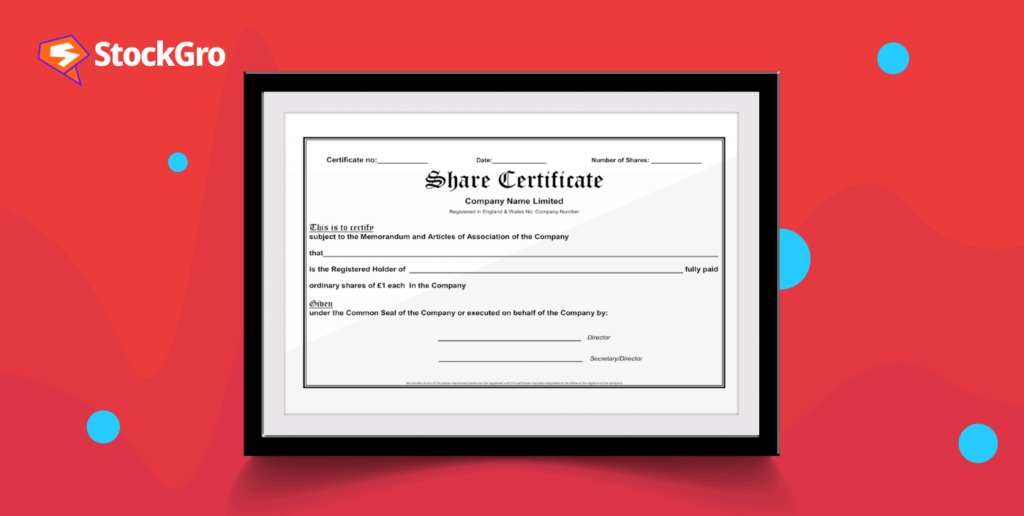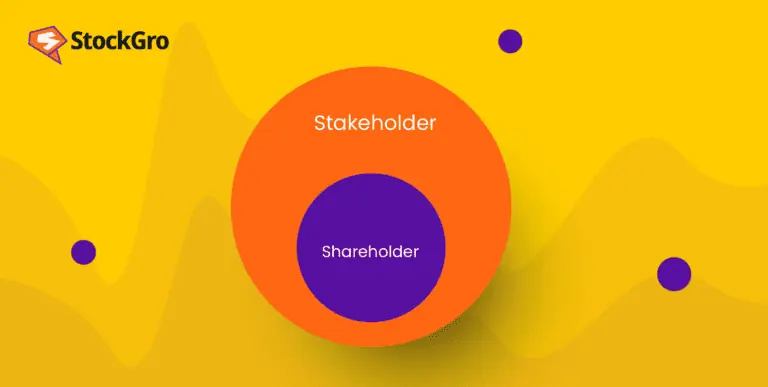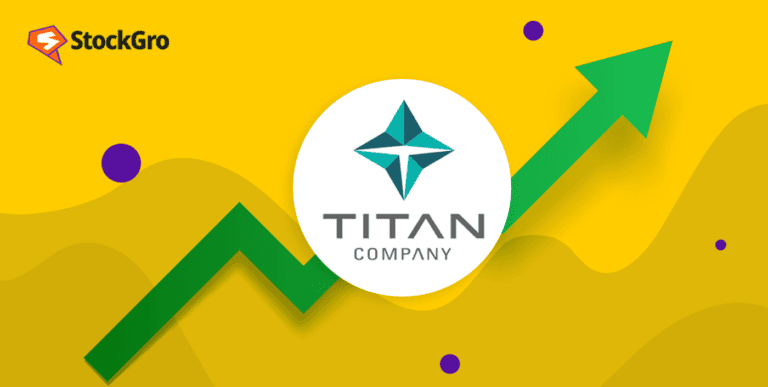
When a company needs to raise capital to fund its development or growth, there are two ways in which it can go about getting the money it needs – through debt, which is either corporate bonds or a bank loan, or by equity financing, which involves issuing small shares of a company in return for capital.
In equity financing, issued share capital is the total amount of money the company generates by selling of stocks to investors.
You may also like: What sets an SME IPO apart from a regular IPO?
A Closer Look at Share Capital
Simply put, share capital is the dollar amount of the shares that a company issues. Share capital is the main way companies go about equity financing their operations and investments, and this can happen through the sale of common shares or preferred ones.
For example, suppose a company IPOs 100 shares in the public market at ₹500 per share. The share capital value would equal = 100 shares x ₹500 per share = ₹50,000.
It is worth noting that the share capital is relevant to a company only when it first sells to public markets because this is when the company generates money. If the shareholder goes on to sell this share to a third party after buying it from the company, the value isn’t accounted for under share capital.
Issued share capital
It is the share capital of issued shares of a company. Issued shares are the ones that are sold to or are already held by company investors.
Sometimes, however, even though an institution might have bought company shares on paper, they don’t pay the capital upfront. This partially paid capital is known as called-up share capital. The amount already received is called paid-up share capital.
Also read: Why is everyone talking about equity shares: Essential features & benefits!
What are the common types of Issued Shares?
Companies issue various types of shares to meet diverse financing needs and cater to different investor preferences. The primary categories are equity shares and preference shares.
1. Equity Shares
Also known as ordinary shares, these represent ownership in a company and entitle shareholders to voting rights, allowing them to influence corporate decisions.
Equity shareholders benefit from dividends, which vary based on the company’s profitability, and have a residual claim on assets during liquidation. Within equity shares, there are:
- Voting Shares: Provide shareholders with the right to vote on company matters.
- Non-Voting Shares: May carry differential or no voting rights but might offer higher dividends to compensate for the lack of voting power.
2. Preference Shares
These shares grant holders preferential rights over equity shareholders concerning dividend payments and capital repayment during liquidation. Typically, preference shareholders receive fixed dividends and usually do not possess voting rights. Types include:
- Cumulative Preference Shares: Accumulate unpaid dividends, ensuring shareholders receive arrears before dividends are paid to others.
- Non-Cumulative Preference Shares: Do not accumulate unpaid dividends; if a dividend isn’t declared in a given year, shareholders forfeit that dividend.
- Redeemable Preference Shares: Can be bought back by the company after a specified period or upon a certain date.
- Participating Preference Shares: Allow shareholders to partake in surplus profits after dividends have been distributed to equity shareholders.
On top of this, Indian companies may also issue particular types of shares such as right shares, bonus shares and sweat equity shares.
Right shares are offered to existing shareholders at a discounted price, helping them maintain their ownership stake. Bonus shares are free extra shares given to the shareholders from the company’s profits other than the company’s reserves. And finally, Sweat equity shares are issued to employees or directors as a reward for their valuable contributions or expertise.
Issued Share Capital vs Market Capitalization
While they may sound similar in some respects as they are related concepts, they are not the same thing.
Issued share capital refers to the total value of a company’s shares that have been issued and are held by shareholders. When a company is formed, it issues shares to raise capital, representing ownership in the company. It is essentially the total value of shares that are in the hands of shareholders, whether they are individual investors, institutions, or insiders.
Market capitalisation, on the other hand, is the total market value of a company’s outstanding shares of stock. It is calculated by multiplying the current market price per share by the total number of outstanding shares. Market cap is also a measure of the public market’s perception of a company’s value.
Difference between issued shares and outstanding shares
When talking about issued shares and outstanding shares, there is often conceptual confusion. Note that issued shares are the shares that the company has issued to shareholders, including both those held by the public and those held by insiders such as company executives and employees.
When a company is formed, it issues certain shares as specified in its corporate documents. These shares represent ownership in the company, and they can be sold to investors or retained by the founders and employees.
Outstanding shares, on the other hand, refer to the total number of shares that are currently held by investors (both public and private), or that are being traded in the open markets. It excludes any shares that the company has repurchased (treasury shares) or that are held by insiders but have not been sold to the public.
Also read: What is equity share capital? [Explained]
Conclusion
At some point, every company needs to raise capital by selling off equity. This means that stocks are a fundamental requirement for every business, and the capital they accrue from selling these stocks is incredibly important, too.
Concluding and recapping the above information: shares that have been sold to and are being held by investors are known as used shares. These may be large investors or even individual retail investors. The monetary amount that the company receives by issuing these shares is called issued share capital. And that’s about it!
FAQs
How is issued share capital different from authorised share capital?
Issued share capital is the portion of authorized capital that a company has actually offered to investors, while authorized share capital is the maximum amount a company is permitted to issue as stated in its Memorandum of Association.
Why is issued share capital important for a company?
Issued share capital represents the actual funds raised from shareholders, reflecting investor confidence and providing essential working capital for the company’s operations and growth initiatives.
Can a company increase its issued share capital?
Yes, a company can increase its issued share capital by issuing additional shares, provided it does not exceed its authorized share capital. If necessary, the company can also increase its authorized capital following legal procedures.
What happens to the value of issued share capital after a company issues new shares?
When a company issues new shares, the total value of issued share capital increases, enhancing the company’s equity base and potentially diluting the ownership percentage of existing shareholders.
How does issued share capital affect shareholder ownership?
Issuing new shares can dilute existing shareholders’ ownership percentages, as the total number of shares increases, reducing each shareholder’s proportional stake in the company unless they purchase additional shares.

